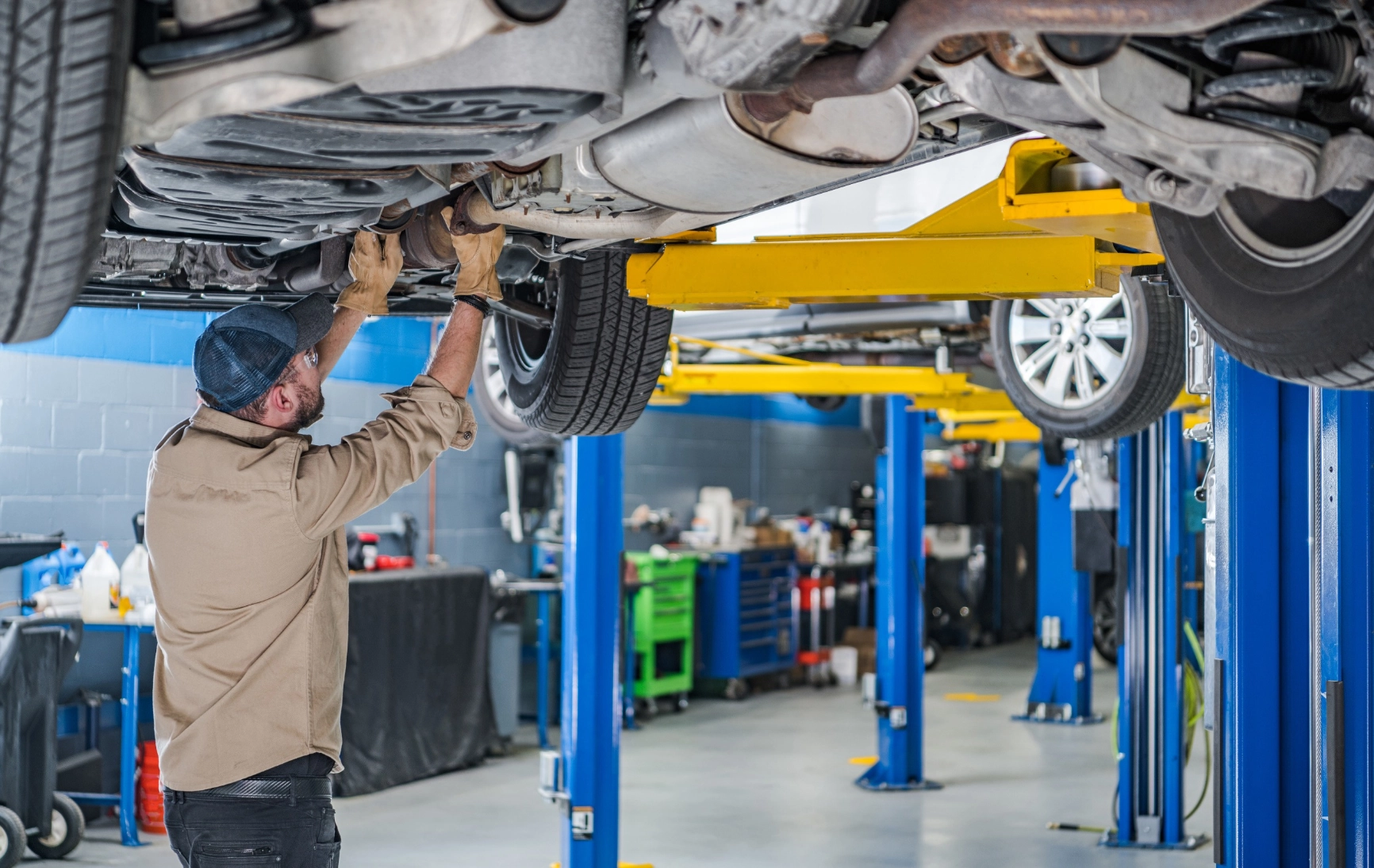All Categories
Featured
Your vehicle's engine is the heart of your lorry, and maintaining it in leading condition is crucial for optimum efficiency and durability. Routine engine tune-ups are a fantastic method to keep your auto's wellness, improve gas performance, and stay clear of costly repairs later on. Whether you're a car fanatic or a person that simply wants to keep their vehicle running efficiently, these engine tune-up pointers will help you get the most out of your vehicle.
- Replace Spark Plugs. Ignition system play an essential function in beginning your engine and guaranteeing smooth combustion. In time, spark plugs can become unclean or worn, bring about misfires, minimized fuel effectiveness, and harsh idling.
During an engine tune-up, examine and replace your spark plugs if necessary. The majority of automobiles need new trigger plugs every 30,000 to 100,000 miles, relying on the type. On a regular basis changing stimulate plugs makes certain proper ignition and optimal engine performance.
- Check and Tidy the Air Filter. The air filter stops dirt, dust, and debris from entering your engine. A stopped up or dirty air filter restricts air movement, triggering your engine to function more difficult and melt more gas.
Inspect your air filter throughout a tune-up and change it if it's filthy. In dusty environments or locations with heavy air pollution, you may need to transform the air filter a lot more often. A tidy air filter can improve fuel efficiency and expand the life of your engine.
- Check and Replace Belts and Pipes. Belts and hoses are crucial for numerous engine functions, such as powering the alternator, water pump, and cooling system. In time, these elements can fracture, fray, or wear, potentially bring about break downs.
Throughout a tune-up, check belts and tubes for indications of wear and change them if needed. Changing these parts proactively can save you from pricey repairs and prevent unforeseen failings.
- Clean the Fuel System. Your fuel system, including the fuel injectors and fuel lines, can collect dust and carbon deposits over time, reducing engine effectiveness. Cleansing the gas system during a tune-up assists improve performance and gas economic climate.
You can make use of a fuel system cleaner or have an expert mechanic do a more detailed cleaning. This action is particularly vital for older cars or autos that frequently drive in stop-and-go web traffic.
- Inspect the Battery and Charging System. A healthy and balanced battery is necessary for beginning your engine and powering electric elements. Throughout a tune-up, check the battery terminals for rust and make sure the connections are tight.
Examine the battery's voltage and change it if it shows indicators of weak point. Additionally, have the generator and billing system tested to guarantee your battery stays charged throughout operation.
- Change the Engine Oil and Oil Filter. Oil modifications are an essential part of engine upkeep. Engine oil lubes relocating parts, decreases friction, and helps regulate engine temperature level. Over time, oil ends up being infected and loses its performance.
During a tune-up, change the engine oil and oil filter to maintain your engine running smoothly. Follow your lorry's supplier suggestions for oil type and adjustment periods.
- Examine the Cooling System. The cooling system stops your engine from overheating. Over time, coolant can break down or become infected, lowering its performance.
Check the coolant level and condition during a tune-up, and flush and replace it if needed. Check the radiator, water pump, and hoses for leakages or damages. A well-maintained cooling system aids your engine operate at the ideal temperature and protects against overheating.
- Evaluate the Ignition System. A damaged ignition system can create starting problems and decreased engine performance. Throughout a tune-up, inspect the ignition coils, supplier cap, and blades (if relevant) Change any kind of parts that show indications of wear or damages to guarantee smooth and reliable engine operation.
- Pay Attention for Uncommon Noises. Throughout a tune-up, take the possibility to listen for any kind of uncommon engine noises, such as knocking, ticking, or hissing. These audios can indicate underlying concerns, such as shutoff problems, loosened parts, or exhaust leakages. Attending to these troubles early can prevent more substantial damage.
- Use Top Quality Components and Fluids. When doing an engine tune-up, always make use of high-grade parts and fluids that meet your vehicle manufacturer's requirements. Inexpensive or wrong components can jeopardize your engine's efficiency and dependability.
Verdict: A Well-Tuned Engine is Key to Durability. Normal engine tune-ups are necessary for keeping your cars and truck's efficiency, performance, and integrity. By replacing used components, cleaning up essential systems, and dealing with prospective problems, you can keep your engine running smoothly for many years to find. Whether you're doing it on your own or counting on a trusted technician, spending in tune-ups is a clever way to protect your automobile and take pleasure in a more secure, smoother experience.
Latest Posts
Selecting the Right Roof Color: Effect On Power Efficiency
Improve Your Home's Exterior with Weathercraft's Exterior siding Solutions
Join WyHy FCU – Key Advantages for Your Financial Success
More
Latest Posts
Selecting the Right Roof Color: Effect On Power Efficiency
Improve Your Home's Exterior with Weathercraft's Exterior siding Solutions
Join WyHy FCU – Key Advantages for Your Financial Success
